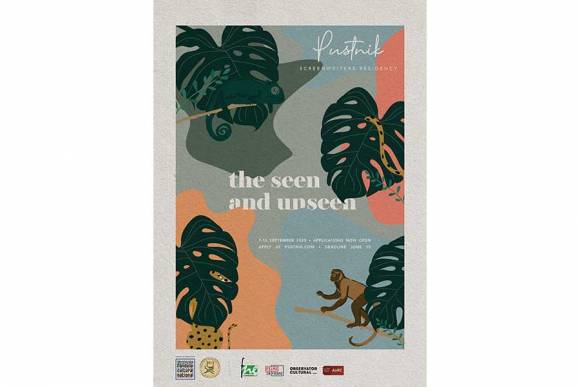The participants and their script projects are:
Tal der Könige (Germany)
By Tim Ellrich
Meteos (Romania, Hungary)
By Cristina Groșan
Sisters (Sweden)
By Mika Gustafson
A Hidden Pearl (Ireland)
By Mark Noonan
Rehabilitated (Romania)
By Răzvan Oprescu
Ground Zero (Ukraine)
By Zhanna Ozirna
Dancing the Tides (The Philippines)
By Cenón Obispo Palomares & Xeph Suarez
I Will Drink with the Bees (France, Serbia)
By Léa Triboulet & Iva Brdar
“This year has been a particularly interesting one. Never before have I noticed during a Pustnik selection such a unitary authorial need of returning to places of origin. Even though the writers come from very different spaces and backgrounds, we’ve read stories that tackle similar questions: of underrepresented communities, lost fathers, worlds rarely seen on screen, either from far away islands or apparently invisible Eastern provinces. We got a strong feeling that filmmakers today have more than before a need to show their own very specific worlds, moving away from the mainstream narratives and locations, bringing their personal realities centrestage,“ said Pustnik co-founder Andreea Bortun.
The residents will work on their feature-length screenplays under the guidance of four internationally acclaimed guest tutors. These include Bianca Oana and screenwriter Alex Baciu. This year’s residency will be held entirely online due to the current global travel restrictions. In lieu of visiting Romania, the writers will each receive a writing grant, so they can dedicate themselves to writing for the duration of the programme.
Pustnik is oganised by the NGO TETA and co-funded by the Administration of National Cultural Fund (AFCN), the Romanian Filmmakers’ Union (UCIN), the Embassy of Sweden in Bucharest, and the French Institute Romania




















